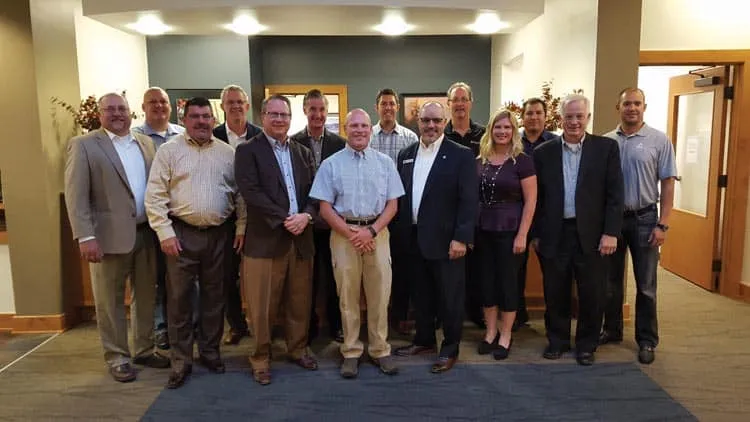Tech CEOs: Talent tough to come by despite NoCo being ‘on the map’

FORT COLLINS — Go to just about any city in America, and tech firms will lament the availability of tech workers at their disposal. But certain areas — think Silicon Valley, Boston, Austin, Denver/Boulder — at least have some tech-hub cachet attached to their names to help get them on potential hires’ radar.
Despite a general feeling that Fort Collins “is on the map” as a rising center for tech itself, several local tech leaders gathered Tuesday said they often have to do some extra selling to land top talent in Northern Colorado in such a competitive hiring landscape.
“If you look…
THIS ARTICLE IS FOR SUBSCRIBERS ONLY
Continue reading for less than $3 per week!
Get a month of award-winning local business news, trends and insights
Access award-winning content today!
